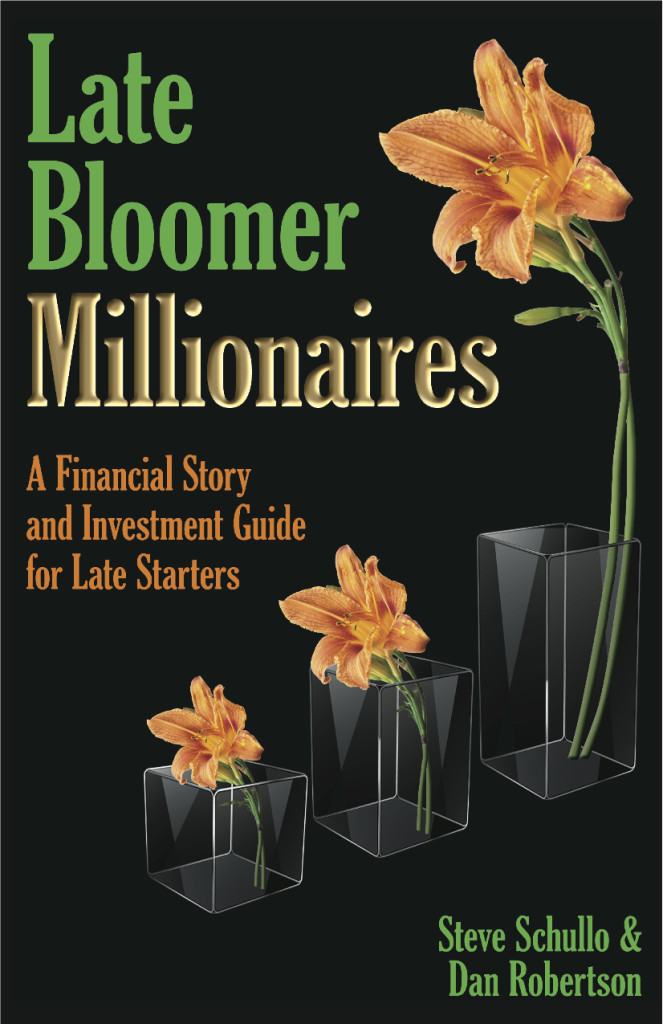 The Psychology of Money
The Psychology of Money
by Morgan Housel 2020
Part 3 by LBW Steve Schullo
Unfortunately, I gave the book four stars. There was one paragraph that does not belong in the book. I was disappointed because I was ready from the beginning to award 5 stars on Amazon. I agree that I might be petty, but that paragraph doesn’t make any sense because it doesn’t follow the narrative throughout. On page 218, I rewrote here for those who use the indexing strategy, especially Bogleheads:
“That doesn’t mean index investing will always work. It doesn’t mean it is for everyone. And it doesn’t mean active stock picking is doomed to fail. In general, this industry has become too entrenched on one side or the other—particularly those vehemently against active investing.”
Did the Author Lose His Mind for a Moment?
I scratched my head and seriously wondered, has the author lost his mind? What in the world motivated the author had to write this when he shares how he invests, and it’s just like most Bogleheads and myself invest with low-cost index funds. I believe I can speak for most Bogleheads: of course, we are “vehemently against active investing!” It’s expensive and flawed is thoroughly agreed upon by genuine fiduciary financial advisers. Furthermore, there are books, peer-reviewed academic articles, and the Bogleheads’ forum experiences of how successful the indexing strategy has been over active management. The author admits on the following page that 85% of active managers fail to beat the averages! The active management strategy has been proven dead for decades, and the author’s stories debunk active management. Over 35 million investors have their seven trillion dollars with Vanguard and TIAA. We know that active managers from Wall Street’s big banks and brokerage firms spend a lot of time sipping martinis on their yachts.
Other than that hideous paragraph, The Psychology of Money is a fine book because it makes a huge contribution to financial discussions and what it means to be financially literate. The qualitative argument of financial literacy is desperately needed in the financial world. The quantitative argument is appropriate for constructing your portfolio and understanding how markets only return 6.8% average for 150 years. I learned a ton by reading those books too. But after that, no amount of math, sophistication, financial engineering, or science will protect investors from a bear market. Only what is between our ears will. Investors must get our heads behind the idea that we are up against a massive industry that wants to use our money to make money for themselves.
The industry is playing a totally different game, different motivation, and most important different life values—they spend 24/7 in front of their powerful computers trading for two goals only, bonuses and beating the averages. I have one more example of luck–We are lucky that Morgan Housel wrote this important work. It is not about looking at your finances 24/7, searching for that investment “gem” that will make you rich quickly or to compete. At the end of the day, it is about doing our part in making the world a better place than it is now, being generous to those in need, be part of something bigger than yourself, and spending quality time with family and friends.
Steve’s Bio
Stephen A. Schullo, Ph.D. (UCLA ’96) taught in the Los Angeles Unified School District (LAUSD) for 24 years and UCLA Extension teaching educational technology to student teachers. Steve wrote investment articles for the United Teacher-Los Angeles (UTLA) union newspaper for 13 years. He has been featured and quoted in many mainstream media articles about 403(b) plans, including the Los Angeles Times, NY Times, and U.S. News and World Report. He co-founded an investor self-help group 403bAware for teacher colleagues and wrote 7,500 posts in three investment forums since 1997. He testified at California State legislative hearings and honored with the “Unsung Hero” award by his teacher’s union for his retirement planning advocacy.
For the last 14 years, he serves as a volunteer on LAUSD’s Investment Advisory Committee as a “Member-at-Large” and former co-chair. The committee contains collective bargaining reps from the unions and monitors the district’s tax-deferred retirement plans, 457b/403b, of 55,000 former and current LAUSD employees, worth $2.8 billion in total assets.
He started this blog in 2012 to help all PreK-12 public school educators nationwide, especially his Los Angeles Unified School District colleagues. He belongs to a small national group of 403(b) advocates (mostly teachers) who want to bring closer attention to the 403(b). During the last 25 years, 40 newspaper articles have been published and each one says the same thing, TSAs (Tax Sheltered Annuities) are terrible 403(b) plans and the salesperson gets the benefit from lucrative commissions and high-costs. Nobody in educational leadership reads these articles NOR talk about the proper place for annuity products publically. We come together at 403bwise.com and 403bwise Facebook page https://www.facebook.com/groups/349968819000560/ Come on over if you want to join us so we can help our colleagues avoid these self-conflicted and high-cost Tax-sheltered Annuities (TSAs).
Steve is the author of two books, Late Bloomer Millionaires and Fighting Powerful Interests: Educators Challenge Tax-sheltered Annuities and WIN!, a story of how a handful of LAUSD educators struggled for years to improve the 403(b) to no avail. But we never quit! We were instrumental in LAUSD’s implementation of the new 457(b) plan and earned a very rare, but very precious “Plan Design” award.
For a copy of both books, email Steve at steve.schullo@latebloomerwealth.com and he will happily email you both books, FREE with no obligation except to read them and get informed, in a pdf file format.

Pingback: Part 2/3 “The Psychology of Money” by Morgan Housel Book Review | Late Bloomer Wealth